The entry of Artificial Intelligence (AI) into everyday life, the workplace and the market as a whole is certainly the culmination of the technological boom of recent decades.
However, it quickly became clear that just as important as the applications of AI would be the creation of a framework of clear rules and policy measures to support the development of reliable AI, which would guarantee the safety, fundamental rights and human-centeredness of AI.
In this context, the EU’s promotion of the AI Act, which has already gradually begun to be implemented, have been decisive. Even more decisive, however, is the fact that before the full implementation of the Act, which is scheduled for 2026, a large number of companies from all sectors have aggreed to sign a pact of related voluntary pledges.
The EU AI Pact is a Pact promoted by the European Commission with the aim of implementing the principles of the AI Act before its formal entry into force. Companies that sign the Pact voluntarily commit to implementing common principles in areas such as AI governance strategy, Identifying and mapping AI systems likely to be categorised as high-risk and promoting AI literacy and awareness among staff.
Among the hundreds of companies that have already signed the Pact, several are Greek, which is particularly encouraging for the seriousness with which Artificial Intelligence and its implications are being treated by at least some.
For example, it is worth seeing the way in which the startup AI by DNA, one of the first signatories of the voluntary commitments, documents its accession to the Pact.









